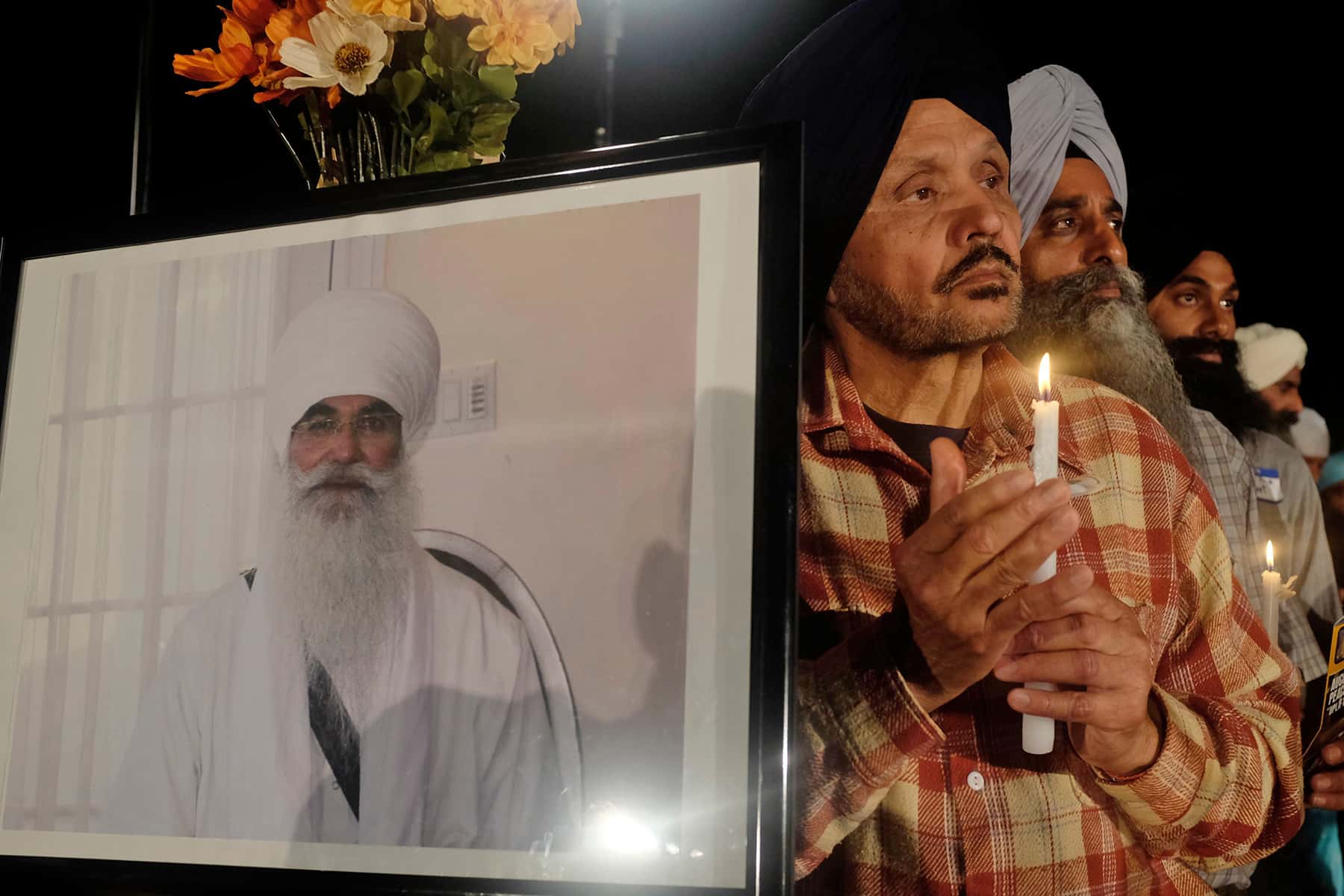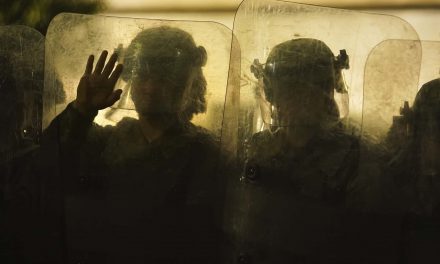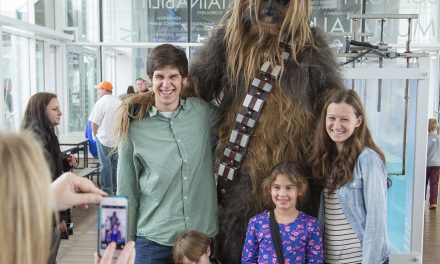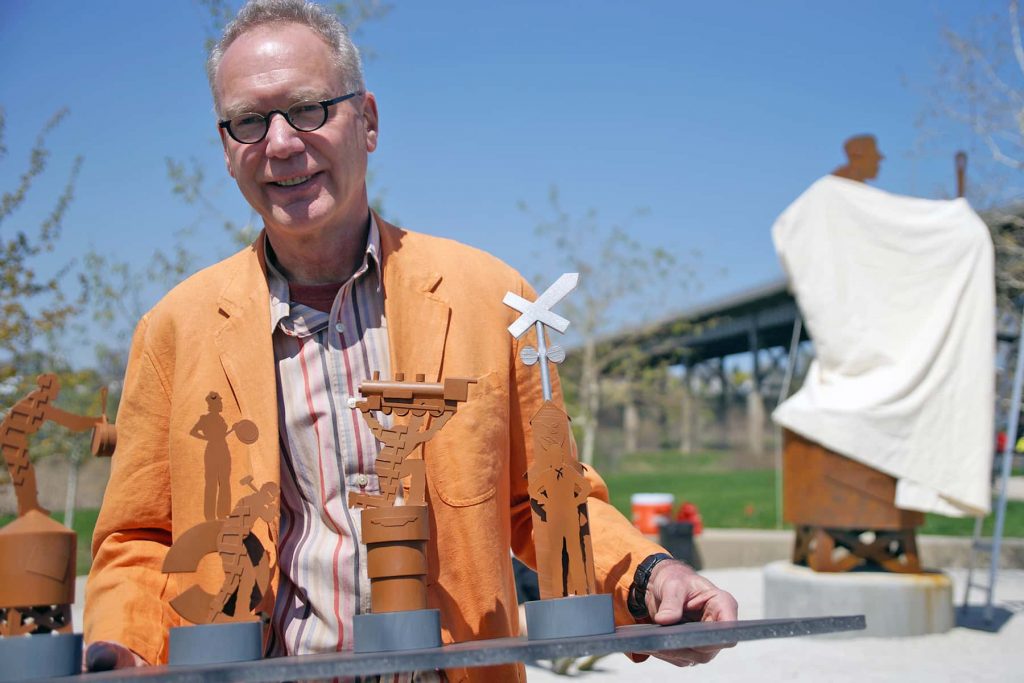
A priest who survived being shot in the face and was partially paralyzed after the Sikh Temple of Wisconsin was violently attacked in 2012 by a white supremacist died on March 2 from complications due to his injuries.
Baba Punjab Singh was one of four people wounded eight years ago, and his death was attributed to complications from a gunshot wound to his head. His passing brought the total number of victims to seven, making the temple attack the worst mass shooting in Wisconsin since 2005.
White supremacist Wade Michael Page burst into the Sikh temple on August 5, 2012, and shot 10 people, killing six and wounding four, including Singh. Page killed himself during a firefight with a police officer in the temple parking lot.
“I think, collectively as a community, his reopens a lot of wounds that might have scabbed over,” said Pardeep Kaleka, whose father, temple president Satwant Singh Kaleka, was killed in the shooting. “But we express condolences to his family and just hope that they, over the next couple weeks, can have some closure.”
Page shot Singh through the cheek, causing a brain injury that left Singh completely paralyzed and struggling with breathing problems, according to the Milwaukee County Medical Examiner’s office. He could communicate only by blinking once for “no” and twice for “yes,” Kaleka said.
Singh had been living in a Milwaukee nursing home since the shooting. His injuries left him susceptible to urinary tract infections and pneumonia, and he was in and out of hospitals dealing with complications, the medical examiner’s report said.
He was admitted to a hospital in West Allis, another Milwaukee suburb, on Sunday with suspected pneumonia and a urinary tract infection, according to the report. He died Monday afternoon. The medical examiner’s office listed the cause of death as “complications of gunshot wound of the head” and the manner of death as homicide.
Singh’s son, Raghuvinder Singh, said in a statement that his father spent his life as a Sikh religious teacher who traveled the country delivering kathas, which are speeches about the lessons and history of the Sikh faith. He said each time he visited his father in the hospital, he would ask him if he was living in “Chardi Kala,” which is the Sikh spirit of eternal optimism. Each time, he said, his father would blink twice for “yes.”
“My father’s injuries and his passing, along with the other lives that were lost that day, are a reminder of the toxic hate that still plagues our country. But I want him to be remembered by the values inspired by Sikhi, that he exemplified every day — including love, equality, humility, eternal optimism and service to others. Our hope is that his life serves as a reminder of an essential truth of our faith: that the number of our breaths is written by God, but it falls to us to do our best in how we use them.” – Raghuvinder Singh
Stephen Scaffidi was the mayor of Oak Creek at the time of the shooting. He met Singh about a year later when he visited him at the long-term care facility. Scaffidi said Singh was one of the most respected members at the temple. And even after eight years, the tragedy in Oak Creek is still present in many people’s lives.
“He was someone who was visiting there, came into the country and was working with the temple on education and outreach. He was considered brilliant by most of the people who he worked with,” Scaffidi said. “He wasn’t one of the people killed that day, but his life was forever changed. I met many of his family members, people of the temple spoke very highly of him. For me, it’s always taking me back to that day and those kind of memories never go away.”
The New York-based Sikh Coalition shared several tweets Monday evening remembering Singh. One tweet said Singh’s “outlook on life will always serve as a reminder that love is stronger than hate, and that we are strongest when we come together.”
The temple attack is now the deadliest mass shooting in Wisconsin since 2005, when Terry Michael Ratzmann killed seven fellow congregants at the Living Church of God in Brookfield, another Milwaukee suburb. He killed himself after the shooting. Prosecutors never determined an exact motive, although they said he blamed the church for his depression and financial problems.
Anthony Ferrill, 51, gunned down five co-workers at Milwaukee’s Molson Coors brewery complex on February 26 before turning his gun on himself. His motive remains unknown.
“It’s been a rough week for everybody,” Kaleka added. “The Sikh community is all right. We’re hanging in there. We’re going to be brave for the world.”
Tоdd Rіchmоnd
Sikh Coalition














